‘Universities have nobody to choose from’: whose engineering studies in Tatarstan will be funded by the state
Realnoe Vremya analysed requirements and prospects of training of sought-after tech-savvies in Kazan’s leading universities
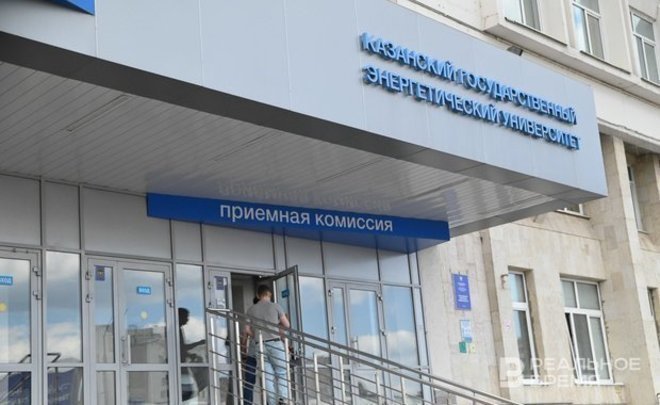
As Realnoe Vremya found out, there may not be found worthy applicants for nearly 13,400 state-funded places in Kazan universities in the 2023/2024 academic year — results of state unified exams and school graduates’ priorities when choosing subjects to take a state unified exam confirm this. While the goal President of Russia Vladimir Putin set three years ago in his address to the Federation Assembly to provide the country with engineers remains unattainable. The newspaper’s correspondent figured out who will study at the state’s expense, why it won’t be possible to make smart engineers out of most applicants and how attempts of solving the problem of “disguised” means lead to the destruction of higher engineering education.
Who needs free education?
As Realnoe Vremya found out, most places out of 13,379 state-funded seats granted to Kazan universities for the 2023/2024 academic year (including 274 places in non-government institutions) are designed for those who opt for engineering and technical specialities and pedagogics.
Realnoe Vremya analysed websites of leading Kazan universities and found out that applicants who want to become engineers are offered 6,419 “free” places (bachelor’s degree).
The sampling of our newspaper considers only those specialities that refer to engineering. We also mentioned the specialists like Public and Municipal Administration, Quality Management, Innovations and similar fields because here students study, in fact, the basics of management while their programmes almost don’t have any technical disciplines.
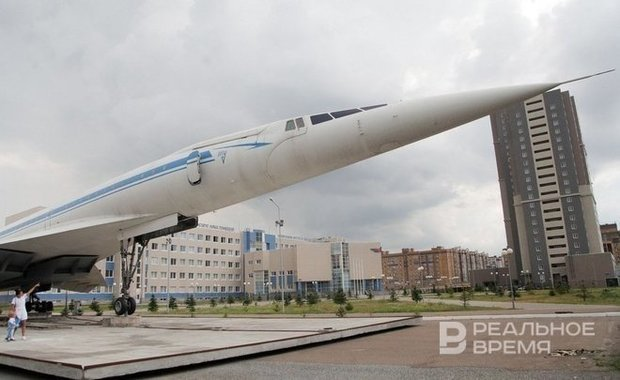
We also collected data from open sources, particularly from websites of universities, about cut-off scores for state-funded engineering and technical specialities in 2022 — these figures allow having an idea of the training an application should have to become a student after the admission campaign.
Is C- enough?
According to the Tatarstan Ministry of Education and Science, 7,298 graduates took a math exam in 2023 and 7,272 passed it. Just 2,096 people took an exam in physics (2,028 passed ), 1,815 did in chemistry (1,767 passed it). At the same time, a total of just 1,935 graduates scored 80 and more points (that’s to say, they proved they are good at these subjects). Considering that a significant part of those who passed the exam in physics and chemistry will assault medical universities and other non-technical institutions but trendy and promising specialists in the future. Much fewer smart candidates for engineering and technical fields are left than the number of places for them.
Moreover, the cut-off score for engineering and technical specialists often tends to fall, and in 2022 in some places it already went down to a shameful threshold of 90-130 points. 129 points were enough last year to enter a university at the state’s expense with the prospect of becoming a technologist in an animal food production company. In other words, it was enough to score a miserable 43 points in each exam — a bit above the threshold fixed by the Russian education watchdog. While applications with 99 points — below the current threshold — were accepted for Agrochemicstry and Soil Studies in 2022.
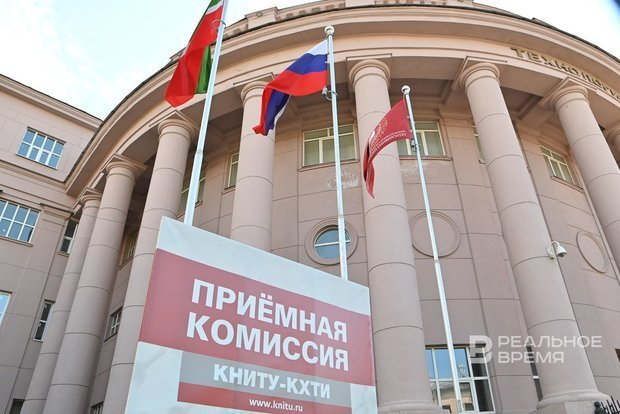
So the conclusion is that hopeless C students as well as D students who were dragged by their ears, so to speak, to get a C in their diploma will become engineers. In such a situation, the question about what will happen to production can be considered rhetoric.
Competition without competition
At the same time, C students don’t even rush to apply for fields that are in demand in life and the objective economic situation. At a recent introductory excursion organised by the management of Kazan State Power Engineering University for journalists Vice Rector of the university in academic affairs Alexander Leontyev gave them to understand for a reason that universities no longer need to increase the number of state-funded places: “There aren’t as many applicants as the number of state-funded places!”
While head of the Department of Reactive Engines and Energy Units of Kazan National Research and Technological Institute Alexey Lopatin noted that, strictly speaking, the analysis should separate those specialities in production but have nothing to do with the IT sphere because knowledge of physics and chemistry is not needed there that is so important for engineers from engineering and technical ones. And he criticised the state of affairs:
“I found out that just 12,731 graduates left schools in Tatarstan this year. But just a bit more than half of them did an exam in math that is necessary for engineering and technical specialities. And not all of them will choose these specialities. In other words, we will have as many applicants among the population of the republic as the number of state-funded places or even less. So universities have nobody to choose from — those who came should be admitted, including those with the weakest training.
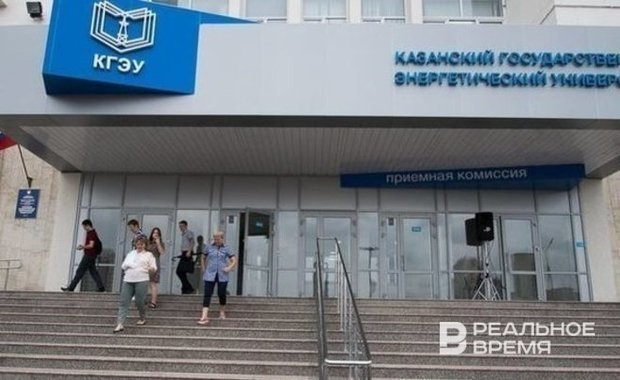
Lopatin considers graduates coming from other regions are salvation in this situation. But it isn’t so simple here:
“It is also necessary to consider that some of our A students will enter Moscow, Petersburg and other prestigious universities and they will have to be replaced by ‘migrants’ from Kirov Oblast, Mari El, Udmurtia. And schools in Tatarstan have more possibilities: with the approximately equal number of good teachers in different regions, our schools have better infrastructure. And this components also determines graduates’ training quality. I cannot confirm this with numbers but I assume more strong lads will leave us than those who will come. And this isn’t a good situation for higher engineering education, and at the same time the necessary of creating a math exam seriously limits applicants’ chances when entering a university.”
On the other hand, the requirements for applicants cannot be lowered anymore:
“Higher education anyway must be based on competition,” Lopatin stresses.
Lethal “disguise”
Plans for providing the country with highly qualified engineers is under threat because of the variability when choosing exams whose results are considered at the moment when applicants are admitted to university. If maths is mandatory for would-be IT geeks, physics and chemistry are easily replaced by IT whose exam is much easier for many specialities.
“This isn’t the main trouble,” says Alexey Lopatin. “If universities admit engineers with 6,400 state-funded places and a bit more than 2,000 graduates did an exam in physics, it means most applicants are those who did an IT exam and they in fact don’t know physics. The same is about chemistry. I think there was introduced variability to at least somehow support engineering specialities. Federal ministries seemingly cannot cope with the outflow of graduates who don’t want to sit exams in complicated subjects like physics and aren’t ready to openly say there is such a problem and disguise this as variability.”
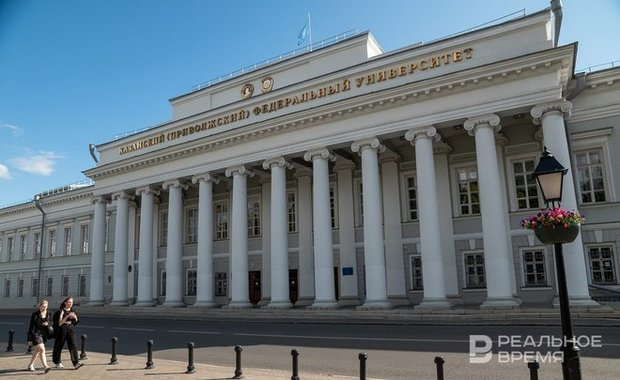
The consequences of this “disguise” are tragic for both sides of the education process:
“Do you imagine how it’s like to teach a person who doesn’t know physics and chemistry mechanical engineering, chemical technologies and how it’s like for him or her to study? It is a tragedy for both them and the university: they cannot finish studies and even will likely complete the first year. If they somehow complete the studies, they won’t anyway be able to do the tasks a specialist has in the workplace. We have a dummy as a result, not a specialist. This is self-deception of both children and their parents who think that one can get an education this way and the state that admits children for state-funded places and considers that it can get specialists this year”
And if owners of “dummy” engineering diplomas always have a solution — they find a job where one can do without engineering knowledge, for universities this practice is lethal:
“Per capita funding is a knot on the neck of higher education in our country,” Lopatin doesn’t look for soft expressions. “A student cannot be excluded, otherwise money has to be returned to the budget. Also, it is worse, the university must keep the ratio: there are 12 students per teacher and excluding 12 students who cannot study the university automatically loses the teacher. And after several years of such practice, there won’t be any teachers, and the university won’t have such a speciality anymore. What’s more, universities don’t have a queue of people willing to work as teachers — talented graduates go to factories where they are appreciated and well-paid.”
“There is room for growth in production with knowledge”
A talk between Realnoe Vremya and an A graduate of School No. 11 in Zelenodolsk District Alexandra Ulyanova provides little hope for the fact that not all local strong graduates will bypass Kazan universities and engineering and technical specialists. She turned out to be a pleasant exception amid the general cheerless background.
The girl told us that she first planned to go to Moscow, to the D. Mendeleyev University of Chemical Technology of Russia, however, now she is inclined to getting an education in Kazan:
“Studying in Moscow is rather a childhood dream,” she says. “Perhaps, the Gubkin Oil and Gas University is the most prestigious university, but I am not sure I want to deal with this area. While at Kazan Federal University, Kazan National Research and Technological University one can get the same speciality as at the Mendeleyev university and as I can judge by reviews, the training quality is not lower. Also, in Moscow I will have to care about the hall of residence, and the allowance is just 2,300 rubles, while at Kazan National Research and Technological University it is 8,800.”
Alexandra hasn’t yet decided where she will study but certainly knows she will deal with chemistry: “This is what I know best, this is why I will apply for Faculty of Chemistry at KFU or Polymers at Kazan National Research and Technological University.” And she is firm about starting to work in a factory after university:
“The ceiling can be easily hit in scientific labs, there is no room for growth there, and if you plan to develop, it will be necessary to go abroad, and I don’t want to. It seems to me there is always room for growth in a factory.”